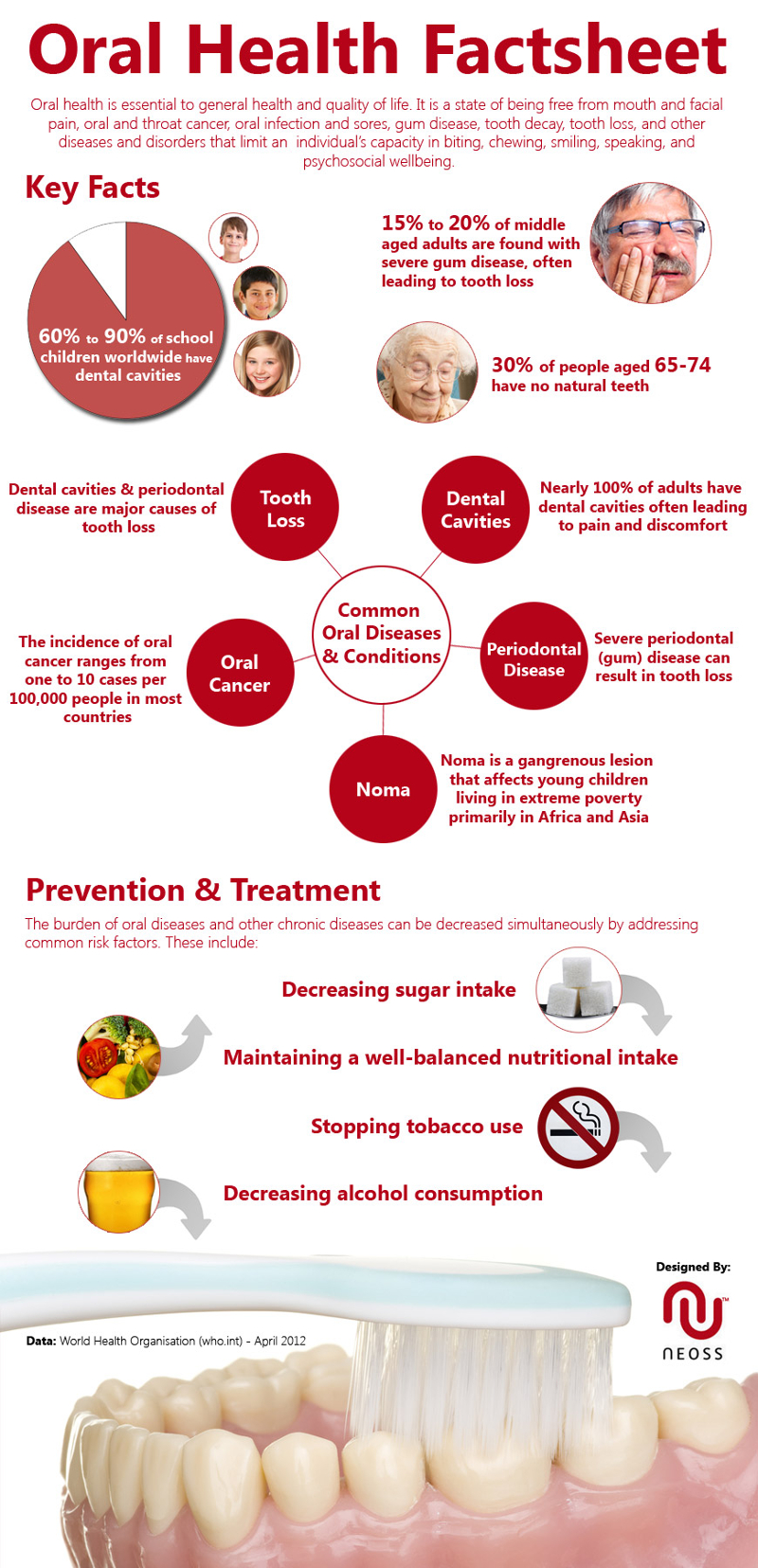Novocaine or generically known a procaine hydrochloride is a known local anesthetic used for dental procedures. The effect if this anesthetic usually last for a particular period online and is considered as a safe drug that can be used to any people. Though there are many dental experts who are choosing this local anesthetic, people should still be aware of the fact that like drugs in the market, novocaine has its own side effects.
Even dentists know these side effects, making it necessary for them to review the entire medical history of their patient and never let their patients know the possibilities when the anesthetic is used. So, before you go to your dentist and just undergo a dental procedure requiring the use of the drug, it is best that you wary first of the novocaine side effects that you may experience.
Novocaine Side Effects
- Allergic Reactions
The allergic reactions that you may feel may vary the range of its severity. To know whether you are suffering from allergic reactions, let your doctor know that it is your first time being exposed to the drug, for him or her to monitor any symptoms. Usually, the allergic reaction would show up in the area where the anesthesia was applied or injected. The area may swell up as a mild reaction and in severe ones trouble breathing.
- Tremors and Blurred Vision
These are considered as severe side effects since the reaction of the body to the anesthesia is, somehow, uncontrollable. Whenever these times come, it is always necessary that the doctor would do needed procedures to control the patient and lessen the effects of the anesthesia.
- Interfere the Central Nervous System
In worst cases, the possible side effect that you may suffer from is the hindrance in the normal function of your central nervous system. Your dentist should have reviewed your history and give you necessary dosage of the anesthesia to prevent this from happening. The usual thing you may experience that may lead to this severe side effect is dizziness and nervousness.
- Unconsciousness and Convulsions
Once your body reacts to the anesthesia, there is a great chance that you may suffer from the mentioned side effects. When injected to the spine, unconsciousness may be a normal sign but prolonged unconsciousness is a severe case that should be addressed by professionals. This is alarming especially when the mild reaction turns to convulsions, which may result to respiratory and cardiac arrest.
Being aware of these side effects will make you understand the importance of talking to your dentist before undergoing any dental procedure. This will help you understand the mils reactions that you may have after the anesthesia is applied and let your dentist minimize these reactions by providing the right dosage of the anesthesia. Since it can also be used on the spine, it is best that your doctor is fully aware of the possible reactions that you may have as the anesthesia is injected.
